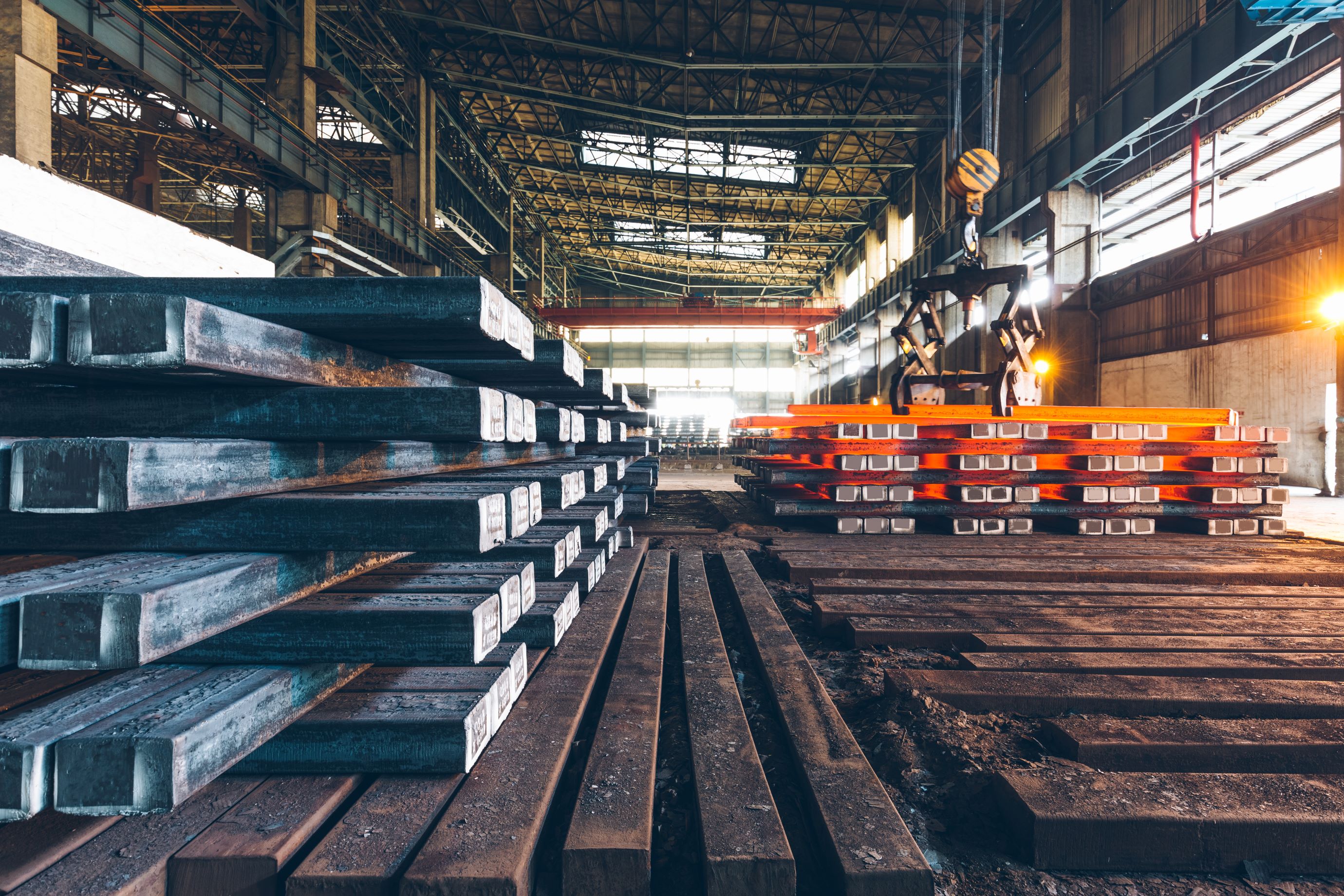
Labour leader Keir Starmer has offered support to the British steel industry during a trip to South Wales on Monday (23 October), just as many UK plants are facing financial difficulties and tasked with decarbonising their production.
As reported by the Independent, during his visit to Tata Steel’s Port Talbot plant, Starmer promised that under a Labour government the UK steel industry will be “backed, not abandoned”.
Green steel
Ahead of the visit, a Labour spokesperson said that the UK had the potential to be a “world leader in clean steel” and that Labour would facilitate this while “safeguarding jobs”.
They added:
“Our long-term plan for steel will see a 10-year commitment to invest in the new green technologies we need to keep UK steel competitive, ensure jobs stay in the UK and reduce our carbon emissions.”
The need to pursue green technologies is seen as especially pressing, given that steel is a carbon-intensive industry, with production of iron and steel estimated to contribute 14% of industrial emissions and 2% of total UK emissions.
A government spokesman said: “Our commitment to the UK steel sector is clear, including announcing a major package of support on energy costs and recent government financing to enable greener steel production by Tata Steel at Port Talbot.”
Job cuts
Labour’s planned pledge has coincided with financial strife for another major steel producer.
British steel’s Chinese owner Jingye Group is drawing up plans to cut 2,000 jobs, almost half the plant’s 4,500-strong workforce.
The plant is estimated to be losing as much as £30m per month, which is thought to be the primary reason for the job losses.
The UK government has offered £300m in investment as part of an ongoing project to decarbonise the carbon-intensive steel industry.
However, this cash injection was reportedly conditional on protecting jobs.
A spokesperson for British Steel told the Guardian: “While decarbonisation is a major challenge for our business, we’re committed to transforming British Steel into a green and sustainable company providing long-term.”
“It’s prudent to evaluate different operational scenarios to help us achieve our ambitious goals and we are continuing to assess our options.”
Jingye bought the struggling steel plant in 2020, with plans to invest £1.2bn.
Trouble at Tata
As part of the government’s decarbonisation plans, a financial package was agreed with Tata Steel to save the Port Talbot plant last month.
In September, a deal was reached in which the UK government agreed to invest £500m in the plant, with Tata contributing £750m.
The plans have proven controversial with unions, in light of intentions to replace heavily polluting furnaces with arc electric furnaces, which produce lower-quality steel unusable in key sectors such as car manufacturing.
It’s also reported that the deal won’t succeed in preventing significant job losses at the plant, with up to 3,000 jobs still at risk.



